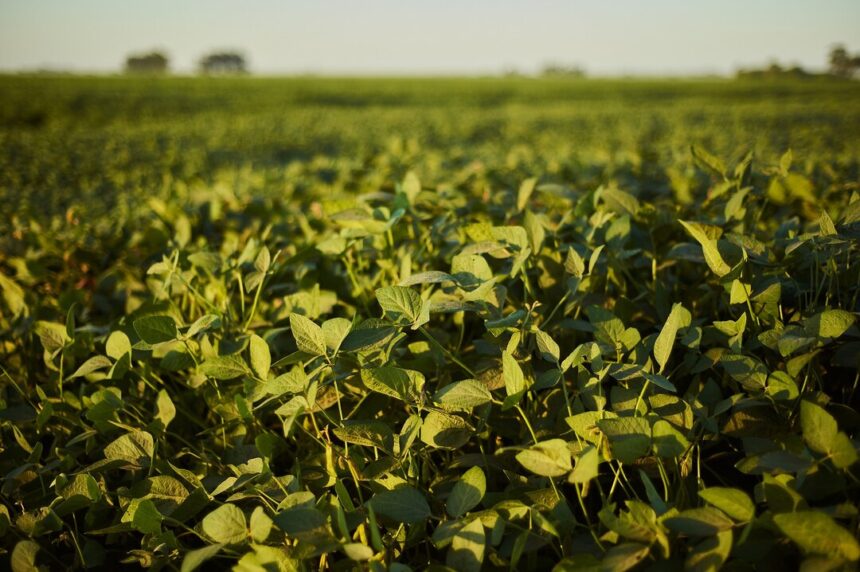The North West region of any country often presents a unique set of challenges and opportunities for agriculture. From varying soil types to climatic conditions, understanding the most suitable crops to cultivate in this region is crucial for maximizing agricultural productivity and ensuring food security. In this article, we’ll explore some of the most suitable crops for cultivation in the North West region, focusing on factors such as climate resilience, market demand, and economic viability.
1. Wheat:
Wheat is one of the staple crops in the North West region due to its adaptability to the temperate climate and various soil types. With proper irrigation systems and agronomic practices, wheat cultivation can yield high-quality grains, contributing significantly to the region’s food security. Moreover, wheat has a stable market demand both locally and internationally, making it a lucrative option for farmers in the North West.
2. Barley:
Similar to wheat, barley is well-suited for cultivation in the North West region. It requires less water compared to other cereal crops and can thrive in semi-arid conditions. Barley is not only used for human consumption but also serves as an essential feed crop for livestock, adding to its economic value for farmers in the region.
3. Chickpeas:
Chickpeas are becoming increasingly popular among North West farmers due to their drought tolerance and nutritional benefits. They are a rich source of protein, fiber, and essential nutrients, making them a valuable crop for both domestic consumption and export markets. With proper management practices, chickpea cultivation can help diversify farmers’ income sources and improve soil health through nitrogen fixation.
4. Lentils:
Lentils are another legume crop well-suited for cultivation in the North West region. They have a relatively short growing season and can withstand cool temperatures, making them ideal for the region’s climate. Lentils are also nitrogen-fixing crops, enriching the soil and improving its fertility for subsequent plantings. The growing demand for lentils in international markets presents a promising opportunity for North West farmers to increase their income and contribute to agricultural sustainability.
5. Canola:
Canola cultivation has gained traction in the North West region due to its adaptability to cooler climates and high oil content. Canola oil is widely used in cooking and food processing industries, making it a valuable cash crop for farmers. Additionally, canola plants contribute to soil health by reducing weed pressure and promoting crop rotation practices. With proper crop management, canola cultivation can be a profitable venture for North West farmers seeking to diversify their agricultural activities.
The North West region offers a diverse range of crops that are well-suited for its climate and soil conditions. By strategically selecting and cultivating crops such as wheat, barley, chickpeas, lentils, and canola, farmers can maximize agricultural productivity, enhance food security, and capitalize on market opportunities. Additionally, adopting sustainable farming practices and leveraging technological advancements can further optimize crop yields and ensure the long-term viability of agriculture in the North West region.
Join 'Farmers Mag' WhatsApp Channel
Get the latest Farming news and tips delivered straight to your WhatsApp
CLICK HERE TO JOIN






